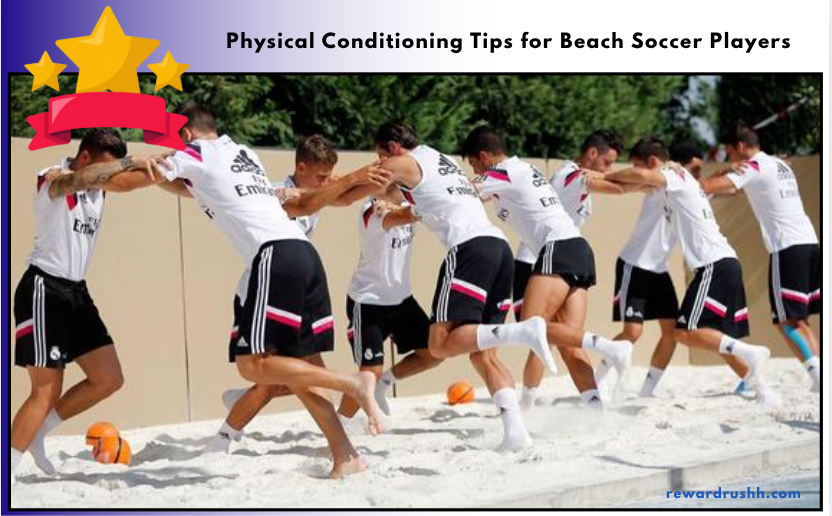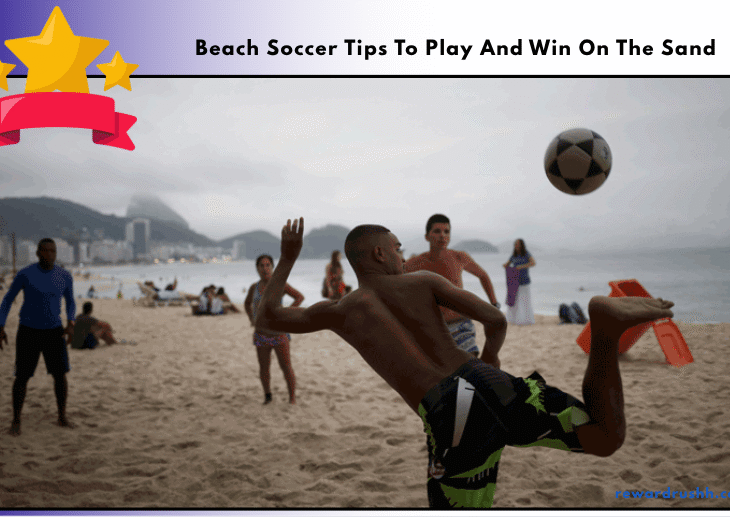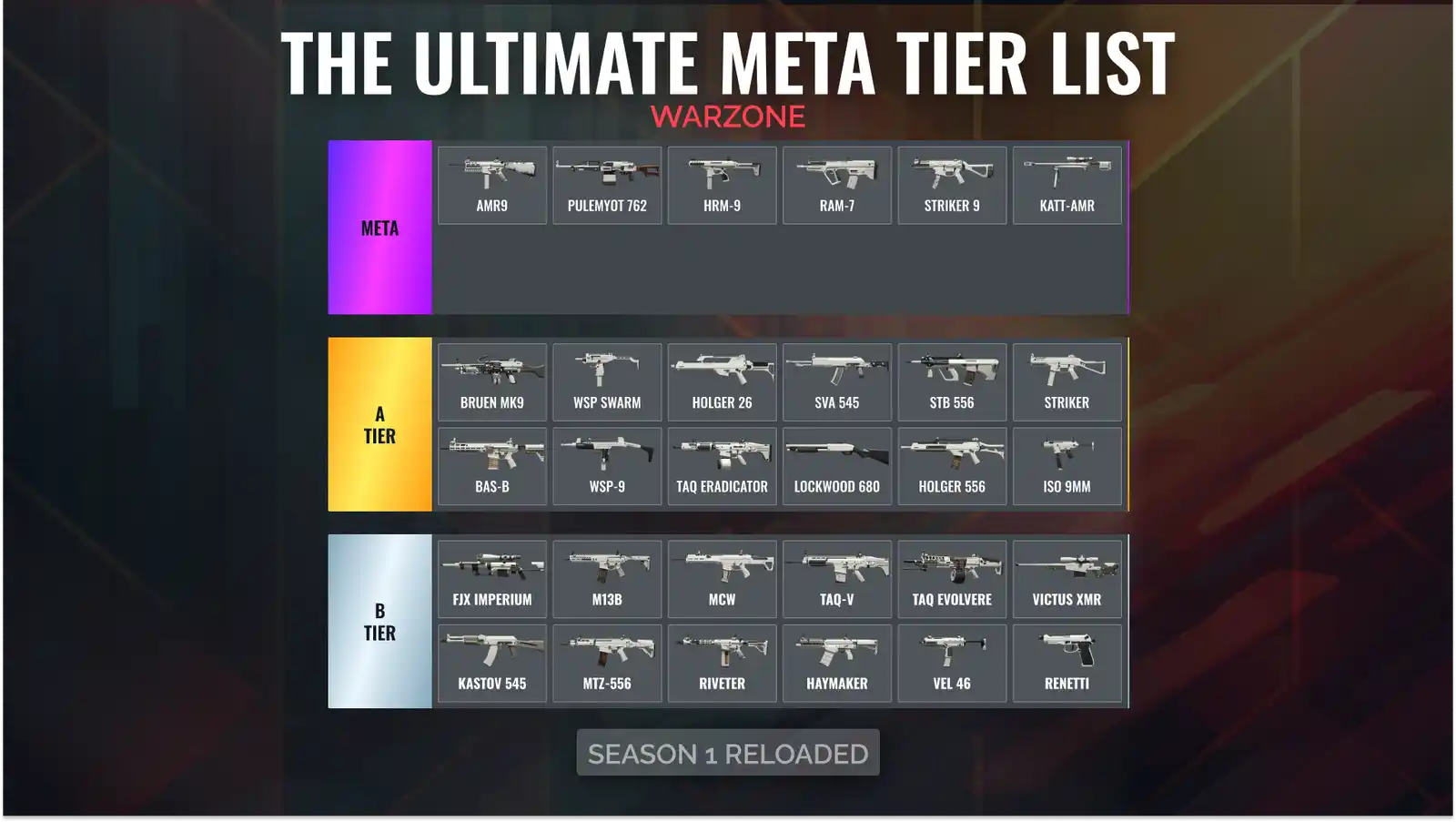Ever feel the sand between your toes and think, “I could dominate a soccer game right here?” Beach soccer is more than just a kickabout on vacation. It’s a fast-paced, skillful sport with its own set of rules and challenges.
Want to up your game and learn how to truly conquer the sand? This guide provides all the beach soccer tips you need to play and win. Get ready to dive into the specifics and transform your beach soccer skills.
Understanding the Unique Demands of Beach Soccer
Beach soccer isn’t just soccer on sand. It demands a different skillset and approach.
The Playing Surface: Sand, Sand, and More Sand
The unpredictable nature of sand changes everything. It impacts your movement, ball control, and even how you think about the game.
You need to adapt your technique to account for the shifting surface. This includes shorter passes and a greater emphasis on aerial control.
Footwork and Agility are Key
Quick feet are essential. Agility is paramount.
You’ll need to be nimble to navigate the soft, uneven surface. Practice drills that improve your foot speed and balance.
Aerial Ball Control is Crucial
The ball spends a lot of time in the air in beach soccer. Mastering aerial control is vital for success.
Focus on chest control, volleying, and heading. Develop your ability to bring the ball down quickly and accurately.
Essential Beach Soccer Tips for Enhanced Performance
Ready to elevate your game? Here are some actionable beach soccer tips that will make a difference.
Mastering the Bicycle Kick
The bicycle kick is an iconic beach soccer move. It’s both effective and visually impressive.
Practice your technique to execute it with power and precision. It can turn a seemingly impossible situation into a scoring opportunity.
Improving Your Sand Running Technique
Running on sand requires a different technique than running on grass. Shorten your stride and lift your knees higher.
This will help you maintain balance and conserve energy. Focus on pushing off with the balls of your feet.
Developing Strong Core Strength
A strong core is essential for stability and power. It will help you maintain your balance and generate force.
Incorporate exercises like planks, Russian twists, and leg raises into your training routine. A strong core translates to better performance on the sand.
Perfecting the Art of the Volley
Volleying is a crucial skill in beach soccer. It allows you to strike the ball out of the air with power and accuracy.
Practice different types of volleys, including instep volleys, side volleys, and half-volleys. Master this skill, and you’ll become a scoring threat from anywhere on the field.
Strategic Beach Soccer Tips to Dominate the Game
Beyond individual skills, strategic thinking is crucial for success. These beach soccer tips will help you make smart decisions on the field.
Understanding Team Formations
Common formations in beach soccer include the 2-2, 1-2-1, and 2-1-1. Choose a formation that suits your team’s strengths and weaknesses.
Communicate effectively with your teammates to maintain your shape and exploit the opponent’s weaknesses. Flexibility and adaptability are key.
Effective Communication is Paramount
Communication is essential in any team sport, but it’s especially important in beach soccer. The small field and fast pace require constant communication.
Use clear and concise language to direct your teammates. Keep everyone informed about the position of the ball and the movement of the opposition.
Exploiting Set Pieces
Set pieces can be a great opportunity to score goals. Practice different set-piece routines with your team.
Develop a strategy for free kicks, corner kicks, and throw-ins. Exploit the opponent’s weaknesses and capitalize on these opportunities.
Adapting to Different Opponents
Every team is different. You need to adapt your strategy to suit each opponent.
Analyze their strengths and weaknesses. Adjust your formation and tactics accordingly.
Physical Conditioning Tips for Beach Soccer Players

Beach soccer is physically demanding. These beach soccer tips will help you stay in top shape.
Building Endurance for Sand
Sand running requires more energy than running on grass. Build your endurance with interval training and long-distance runs on the beach.
Gradually increase the intensity and duration of your workouts. Focus on building both aerobic and anaerobic fitness.
Hydration is Non-Negotiable
Staying hydrated is crucial, especially in hot weather. Drink plenty of water before, during, and after training and games.
Consider using electrolyte drinks to replenish lost fluids and minerals. Dehydration can lead to fatigue and decreased performance.
Nutrition for Peak Performance
Eat a balanced diet that includes plenty of carbohydrates, protein, and healthy fats. Fuel your body with the nutrients it needs to perform at its best.
Avoid processed foods and sugary drinks. Focus on whole, unprocessed foods that will provide sustained energy.
Recovery and Injury Prevention
Proper recovery is essential for preventing injuries. Get enough sleep, stretch regularly, and use foam rollers to release muscle tension.
Listen to your body and take rest days when needed. Don’t push yourself too hard, especially when you’re feeling fatigued.
Mental Toughness: The Underrated Beach Soccer Tip
Mental toughness is just as important as physical ability. Develop a strong mental game to perform at your best under pressure.
Visualization Techniques
Visualize yourself succeeding in different game situations. This can help you build confidence and improve your performance.
Imagine yourself making a crucial save, scoring a goal, or executing a perfect pass. The more vividly you can visualize success, the more likely you are to achieve it.
Staying Focused Under Pressure
Beach soccer games can be intense and high-pressure. Learn to stay focused and calm under pressure.
Develop techniques for managing stress and anxiety. Focus on the present moment and avoid getting caught up in negative thoughts.
Building Confidence
Believe in yourself and your abilities. Confidence is essential for success.
Focus on your strengths and accomplishments. Surround yourself with positive people who will support and encourage you.
Learning from Mistakes
Everyone makes mistakes. Don’t let them get you down.
Learn from your mistakes and use them as an opportunity to improve. Analyze what went wrong and develop a plan for avoiding similar mistakes in the future.
Gear and Equipment: Beach Soccer Essentials
Having the right gear can make a big difference. Here’s what you need to play beach soccer.
The Right Beach Soccer Ball
Use a ball specifically designed for beach soccer. These balls are lighter and softer than regular soccer balls.
They are also designed to be more visible in the sand. Choose a ball that is comfortable to handle and provides good grip.
Protective Gear
Protect yourself from injuries. Wear appropriate protective gear.
This may include knee pads, ankle braces, and shin guards. Choose gear that is comfortable and allows you to move freely.
Sun Protection
Protect yourself from the sun. Wear sunscreen, sunglasses, and a hat.
Apply sunscreen liberally and reapply it frequently. Stay hydrated and avoid prolonged exposure to the sun during peak hours.
Conclusion
Mastering beach soccer requires a combination of skill, strategy, physical conditioning, and mental toughness. By implementing these beach soccer tips, you can significantly improve your game and dominate the sand. Remember to practice consistently, stay focused, and never stop learning. Now, grab your ball, hit the beach, and start putting these tips into action!
What are your favorite beach soccer drills? Share your experiences and tips in the comments below!
FAQ Section
Here are some frequently asked questions about beach soccer.
Q: What are the basic rules of beach soccer?
A: Beach soccer is played with five players on each team, including the goalkeeper. The game is divided into three 12-minute periods. There are no draws; games go to overtime and then penalty shootouts if needed.
Q: How can I improve my sand running speed?
A: Focus on short, quick strides and high knee lifts. Practice interval training on the sand to build endurance and speed. Strengthen your core and leg muscles for better stability and power.
Q: What is the best way to control the ball in the air in beach soccer?
A: Practice chest control, volleying, and heading. Focus on bringing the ball down quickly and accurately. Develop your ability to judge the trajectory of the ball and position yourself accordingly.










